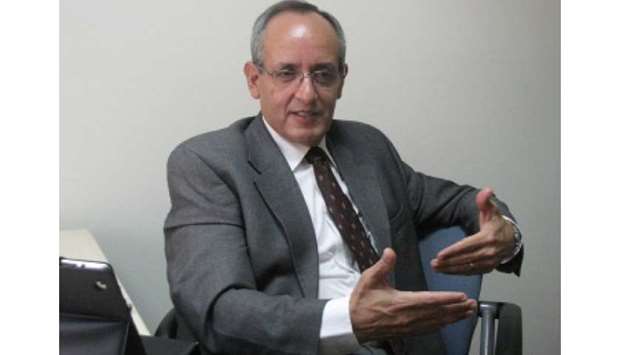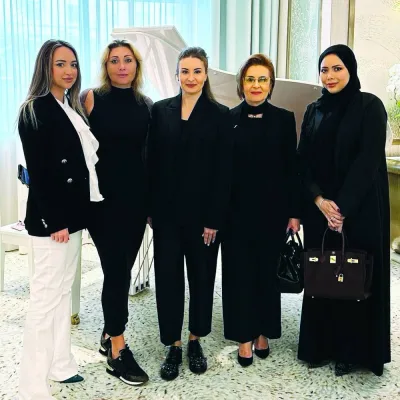Global education will not be able to return to “business as usual” in a post-coronavirus world, and must take the opportunity that the crisis has offered to rethink and reshape itself, a Qatar Foundation educator has told an international online conference.
‘Education Disrupted, Education Reimagined’, a two-day online gathering organised by the World Innovation Summit for Education (WISE) – a global initiative of Qatar Foundation (QF) – and the Salzburg Global Seminar, brought together experts from around the world to analyse the consequences of the novel coronavirus (Covid-19) for educational ecosystems, and how the pandemic could mark the start of a road to change.
Among the speakers was Francisco Marmolejo, QF’s education adviser, who told the conference: “If we talk about this crisis as being a catalyst for change, it may be an opportunity to recognise that, globally, today’s education systems are still facing many challenges in terms of equality of access, especially from people from disadvantaged sectors of society.”
Other challenges, he said, include the acute inadequacy of education offerings. “In the case of higher education, it’s very evident there is an excessive academic workload, while there is also very limited articulation with the previous levels of the education systems and also a significant emphasis on
disconnected knowledge.
“Consciously designing for a ‘new normal’ will require significant political willingness, an eagerness to disrupt, eagerness to consider innovative and feasible ideas, a participatory approach – especially with teachers and parents – and more informed decision-making based on evidence. We cannot miss this opportunity for the disruption of education systems, in order to more adequately prepare the next generation of professionals and the next leaders of our societies.”
Marmolejo, a former global co-ordinator of higher education at the World Bank, said the current crisis is one that “a lot of people in education were not prepared for”, although in the case of Qatar: “Possibly because of the blockade experienced by the country, the system was prepared to quickly react and immediately put in place systems for the remote delivery of teaching and learning. It was a remarkable achievement in such a short
period of time.”
He also shared his view that, in the past, education systems have based too many decisions “on anecdotes and emotions, not on rationalistic evidence”, adding: “Something that this crisis is helping all of us to recognise is that, in a way, we have been missing the point.
Speakers also included Al Jawhara al-Thani, QF’s head of educational and community programmes, who told the online audience, “This is a global reset button for everyone – it is not a chance for education systems to be passive.
“The whole world has to hold up to the responsibility of innovating, and thinking about what we can do better and do differently, because we cannot wait for someone else to do it for us. We have to serve our communities and think about their needs right now, and I believe this has put a lot of education systems in the hotseat, forcing them to think about how they interact with their community.”
She said that when the time comes for schools to reopen, educators should consider “how to can make it a space for a richer human exchange” and “how to build intentionality into what we’ve been doing accidentally.”

Francisco Marmolejo, education adviser, Qatar Foundation.


